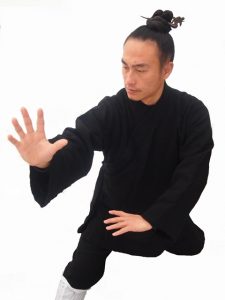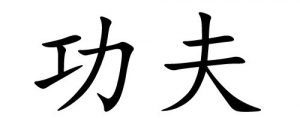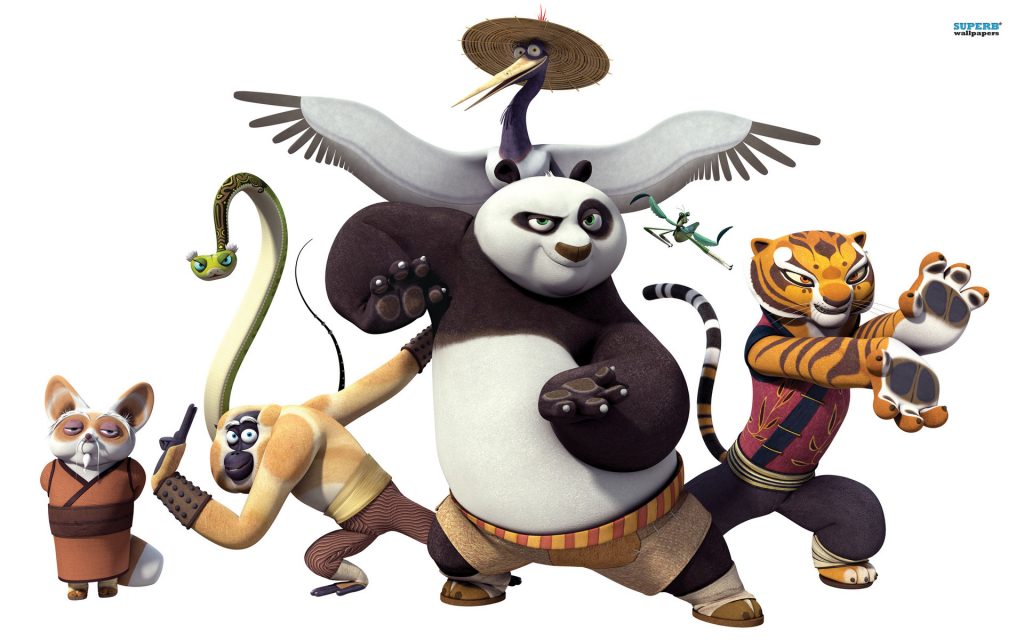I received a lot of feedback on the article “In Karate, is it Senpai or Sempai?” addressing the spelling and pronunciation of Senpai, and other Japanese words with the sound of “M”, such as Honbu. Some of the feedback was in regards to something similar in Chinese martial arts and common words. For example you probably find the various spellings of kung fu to be confusing? So, I thought I would write a related article on this.
Spelling in Chinese
What’s the difference between the “two arts” of Kung fu and Gōngfū?
Kung fu, Gung fu, Gong fu, etc..
Chi Kung, Ki Gong, Qigong, etc..
Bagua, Pa Kua Chang, etc..
Xingyi, Hsing-I, Hsing yi, etc..
Peking, Beijing, etc..
China encompasses a huge area of land that contains many ethnic and linguistic differences. In Chinese, there is no alphabet. Centuries ago the Chinese began using an ideograph, non-phonetic, written language for all political divisions so that everyone could read the same language but pronounce it in their unique dialect. Thus, although they couldn’t have conversations together, all officials could in fact communicate easily through the written language. The written language is also used in Japan and call ed Kanji.
ed Kanji.
All of the various spellings — kung fu, gung fu, gong fu, gōngfū — refer to these two Chinese characters – 功夫
This gives us the spoken differences between the National language of China, Mandarin (sometimes called Putonghua), spoken by most of the people of China, and the many other dialects. To put into perspective, there are more people on Earth who speak Mandarin than there are speakers of English.
Other dialects such as Cantonese, is spoken by the people of Guangdong province and neighbouring areas, i.e. Hong Kong, and overseas Chinese communities. This is where in we find the word “Shaolin” (Mandarin) and “Sil Lum” (Cantonese), “Shifu” (Mandarin) and Sifu (Cantonese). Other dialects include: Fukienese, Shanghainese, and many many more.
Spelling Chinese in English
When these words are translated into our phonetic English, the translators sometimes use Mandarin and sometimes Cantonese to give the sound of the word to create our phonetic translation.
This causes one set of differences right off the top, but there is more…the first translators of Mandarin Chinese to the Romanised system created a system of translating the ideograms and sounds into what is called the Wade-Giles Romanization system. This system gives us “Peking,” “Tao”, “kung fu”, and all the apostrophes (T’ai Ch’i Ch’uan, Pa k’ua, K’ung fu, etc.)
In the Wade-Giles Romanization:
P is pronounced B
K is pronounced G
T is pronounced D
Etc..
However, most people are not even aware of that, and thus pronounce the words and letters as they are written phonetically.

The Cantonese Version of Kung Fu?

Some people think “kung fu” is the Cantonese version of the Mandarin “gong fu”. But this isn’t correct. I said earlier, “kung fu” comes from the Wade Giles system, and “gong fu” comes from the Pinyin system. Both spellings would be pronounced identically in Mandarin or Cantonese Chinese.
The Pinyin Romanization system, adopted by the People’s Republic of China in 1958, has in the meantime become the standard for the world, including recognition by the International Standards Organization (ISO) and the United Nations. The Pinyin system was created to closer represent the sound of Mandarin Chinese. It gives us the “q’s”, “zh’s” and “x’s” and caused the changes we have all seen in such words as:
Beijing replacing “Peking,”
Gong or gōng fū replacing “kung fu”
Baguazhang replacing “Pa kua Chang”
Taijiquan replacing “Tai Chi Ch’uan”
Xingyi replacing “Hsing-i”
 So, if you are pronouncing — Ba Gua Zhang literally as “P”a “K”ua “C”hang, Beijing as “P”e”K”ing, Gong fu as “K”ung “f”u or…. Beijing Duck as “Peking Duck”— it’s not that “you’re wrong”, it’s more of a mistake of misinformation.
So, if you are pronouncing — Ba Gua Zhang literally as “P”a “K”ua “C”hang, Beijing as “P”e”K”ing, Gong fu as “K”ung “f”u or…. Beijing Duck as “Peking Duck”— it’s not that “you’re wrong”, it’s more of a mistake of misinformation.
Trust me! It is just as confusing for Mandarin Chinese people who come to the west and don’t understand why Westerners pronounce Beijing Duck “Peking Duck” or Dao as “Tao”!
I hope this helps.

[…] is a compound of the root bu (武), meaning “war” or “martial”; and dō (道) – Dao in Chinese – sometimes spelled tao), meaning “path” or […]